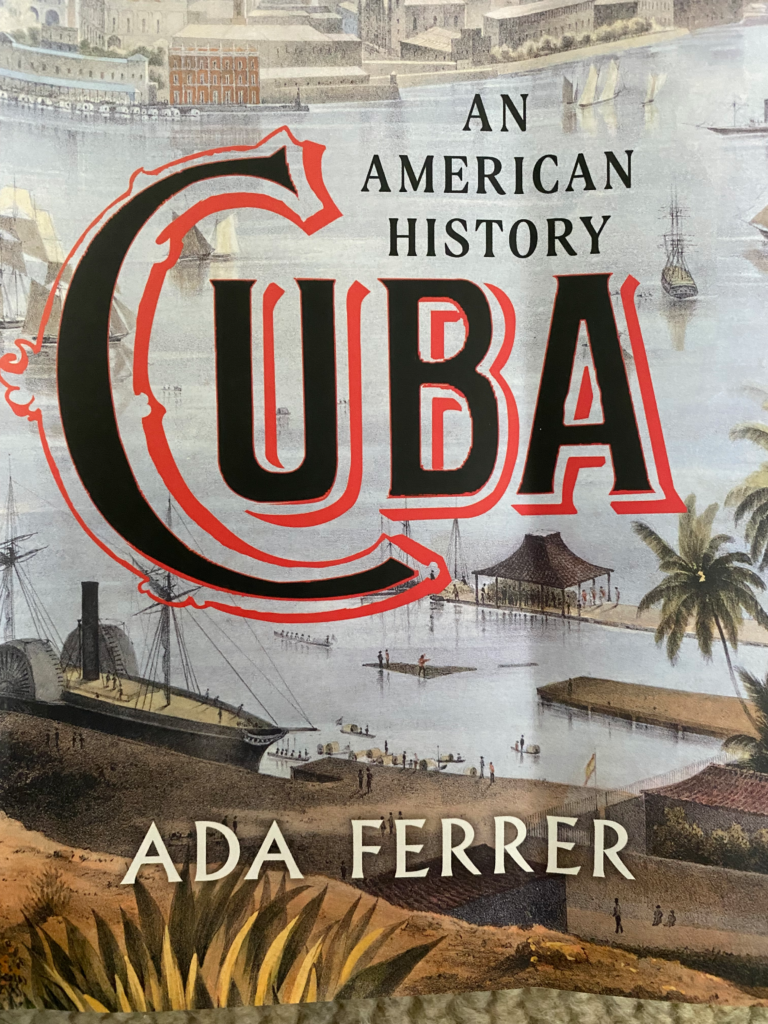Sandcastle Book Club goes to Cuba
Next Monday, members of the Sandcastle Book Club will meet at the Sandcastle to discuss Of Women and Salt, a novel by Gabriela Garcia. The novel has received rave reviews from critics, much to the surprice of Garcia. She wrote it as the thesis for her MFA at Purdue. In interviews, Garcia claims the book is not so much an historical fiction as it is a commentary on mother/daughter relationships, immigration, domestic violence and a host of other themes. Garcia’s mother is Cuban and her father is Mexican. She mentions having traveled to Cuba many times while growing up in Miami, but she doesn’t say how much of her story is autobiographical in nature.
I’m not sure that I would recommend the book because much of it is difficult to read. Garcia’s prose leaves little to the imaginative where addiction and abuse is concerned. Of Women and Salt, however, sparked my interest in Cuban history. The book follows several generations of strong women beginning in 1888 with the Liberation Army’s struggle for independence from Spain. It then picks up around the time of the Cuban Revolution and moves to the present. I felt that I needed some historical background to better understand the stories Garcia told in her book, and during a search I noticed a new book about Cuban history.
Enter Ada Ferrer with her recently published non-fiction Cuba: An American History. Ferrer was born in Cuba between the Bay of Pigs invasion of 1961 and the cuban Missile Crisis of 1962. She moved with her mother to the United States when she was 10 months old. It wasn’t until 1990 that Ferrer returned to Cuba determined to learn all she could about her country of origin. Her book is the culmination of 30 years of research, and it is enormously interesting. Ferrer makes a point to frame Cuban history in the context of American history. Early on in the book, one can understand how valid her approach is.
In reading Cuba: An American History, I encountered some familiar sounding terms from a long past college course in American history. I remember Remember the Maine and the Platt Act. I really remember those tense moments around the Cuban Missile Crisis and the iconic images of Fidel Castro. After the failed Bay of Pigs, my church sponsored a Cuban refugee and her two children escaping the revolution. Her husband was left in prison because he fought against Castro. My mother was very active with Bertha’s relocation, and she bemoaned the fact that the young mother from Cuba seemed to lack all knowledge of cooking, house keeping and child rearing. Mother once got up in the middle of the night to go to Bertha’s house because her youngest was spiking a fever, and Bertha didn’t know what to do. It seems she was pampered in her home country, quite unlike the female characters in Garcia’s book.

